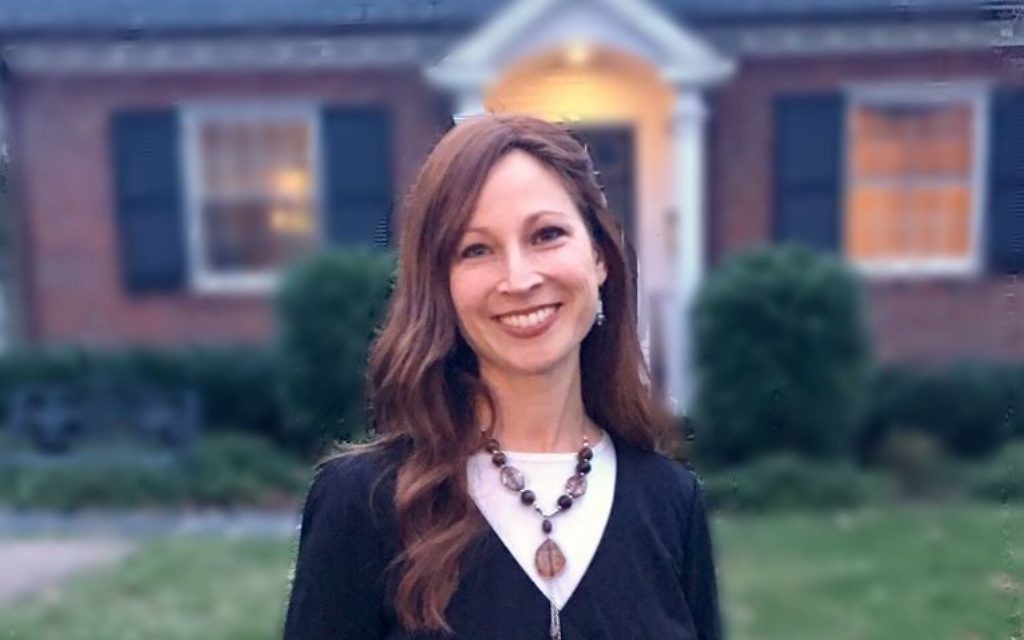Opening Our Eyes With Prayer, Faith
There’s a Jewish prayer that people customarily recite when trying to find something they lost: “Everyone is presumed blind until the Holy One, blessed is He, comes and opens our eyes.”
There’s also a belief that when we experience the hand of G-d, or His eyes, in our lives, we’re supposed to share the experience with others, whether the incident seems large or small.
Recently I was missing something: the headphones I use often during exercise as well as other times throughout the day. As funny as it sounds, they are important to me. When I told this story to my children, they giggled at the seeming insignificance of the object.
Get The AJT Newsletter by email and never miss our top stories Free Sign Up
But I wanted to find them, so after searching all over the house and in my car, I said the prayer with kavanah (focused intention). Then, without thought or reason, I walked directly upstairs to my bedroom and slid my hand into the cushion of the rose-colored reclining chair I’ve used to nurse all four of my children over the years. Out came the hot-pink headphones.
I have no idea how or exactly when they got pushed so far down into the chair like that, but for a moment time seemed to stop as I laid eyes on them just after saying the prayer.
I’ve used this prayer other times, and it doesn’t always work so quickly. But I don’t remember it ever not working. Like all prayers, they’re never wasted even if we are not immediately aware of their effect. Of course, we must put in the effort, but the rest is in G-d’s hands.
As I’m writing this, I’m painfully cognizant of the fact that my faith waxes and wanes. There are times when my prayer and faith are abundant, and other times when I feel cut off and disconnected.
When I want something specific, however, whether it’s an item lost or a problem I’m trying to work out — one of my children is struggling, for example — at those moments it seems easier to reach out and pray.
But G-d wants to hear from us other times as well. To sort of check in, say thank you and connect even when we don’t want something specific. I expressed this realization to my almost-11-year-old son, comparing it to the relationship between parent and child.
If the child is saying please and thank you and being loving and polite most of the time, for example, there’s a better chance I will want to give him what he asks for.
He looked at me, smiled broadly and said, “I love you, Mom. Thank you for everything you do.”
I knew it might not have been completely genuine, but the sentiment and his effort still affected me.
This month I reopened my ArtScroll prayer book. Most mornings lately I stand facing east as I say the Shema, looking into our back yard and toward a distant Jerusalem I’ve never visited, while my children sit at the table and eat their breakfast or get their backpacks ready.
Sometimes I also say the Amidah, the central prayer of the siddur. My concentration isn’t always completely there, but my intention is to connect as my eyes scan back and forth across the page.
It’s as if there’s this whole world of energy and goodness surrounding us and within us, just waiting to be harnessed. All the problems and inconveniences of life suddenly become chances throughout the day to reconnect with G-d and to be filled with His goodness.
Because of this back and forth, we become stronger. The resistance, like exercise, helps us fine-tune our souls and become more spiritually toned. The solutions to our problems, or what we lost, are always within our midst; we just need to ask G-d to open our eyes so we can see them.





comments